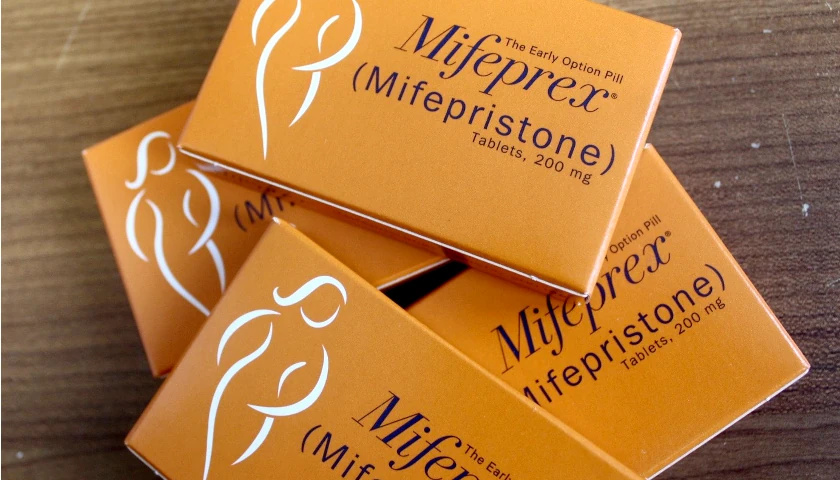The Minnesota State Senate plans to introduce 92 new pieces of legislation Monday, several of which are backed by the DFL, and focus on LGBT or race issues.
Senate File (SF) 95, for instance, urges President Donald Trump and Congress to direct the Food and Drug Administration (FDA) to “revise its current blood or plasma donor deferral policy related to men who have had sex with a man and to women who have had sex with a man who has had sex with another man within the previous 12 months from the most recent contact.”
The resolution, co-authored by five DFL senators, argues that the United States is “facing a critical shortage of blood donations,” which could be offset by revising an FDA donor deferral policy that “prohibits approximately 19 million American men and women from donating blood and plasma.”
“Advances in HIV donor testing have reduced the risk of HIV transmission from blood transmissions to about one in 1.47 million transfusions,” the bill continues, calling for a revised policy “based on individual assessment of the risk posed by the donor.”
SF 107, meanwhile, calls for the establishment of a “Council on LGBTQI Minnesotans,” which would consist of “two members who identify as gay, two members who identify as lesbian, two members who identify as bisexual, two members who identify as transgender, two members who identify as queer, and two members who identify as intersex.”
“The council must work for the implementation of economic, social, legal, and political equality for Minnesota’s LGBTQI community,” the bill states, noting that the council would “serve as a liaison between state government and organizations that serve Minnesota’s LGBTQI community.”
Additionally, the council would advise Gov. Tim Walz (D-MN) and the Minnesota Legislature on “administrative and legislative changes needed to improve the economic and social conditions of Minnesota’s LGBTQI community.”
A final bill, SF 96, would require a “racial impact screening” for legislation that could affect “the racial composition of the criminal offender population.”
“If the screening indicates that the legislation will affect the racial composition of the criminal offender population, a racial impact statement must be completed and attached to the legislation prior to its passage,” the bill states.
The racial-impact statement must include “information concerning the estimated numbers of criminal cases per year that the legislation will impact, the fiscal impact of confining persons pursuant to the legislation, the impact of the legislation on racial minorities, the impact of the legislation upon existing correctional institutions, community-based correctional facilities and services, and jails, the likelihood that the legislation may create a need for additional prison capacity, and other relevant matters.”
The bills are scheduled to be introduced Monday, January 14. A full list of bills scheduled for introduction can be accessed here.
– – –
Anthony Gockowski is managing editor of Battleground State News and The Minnesota Sun. Follow Anthony on Twitter. Email tips to [email protected].
Photo “Susan Kent” by Susan Kent.
Photo “Matt Little” by Matt Little.
Background Photo “Minnesota Chambers” by Chris Gaukel. CC BY-SA 2.0.





